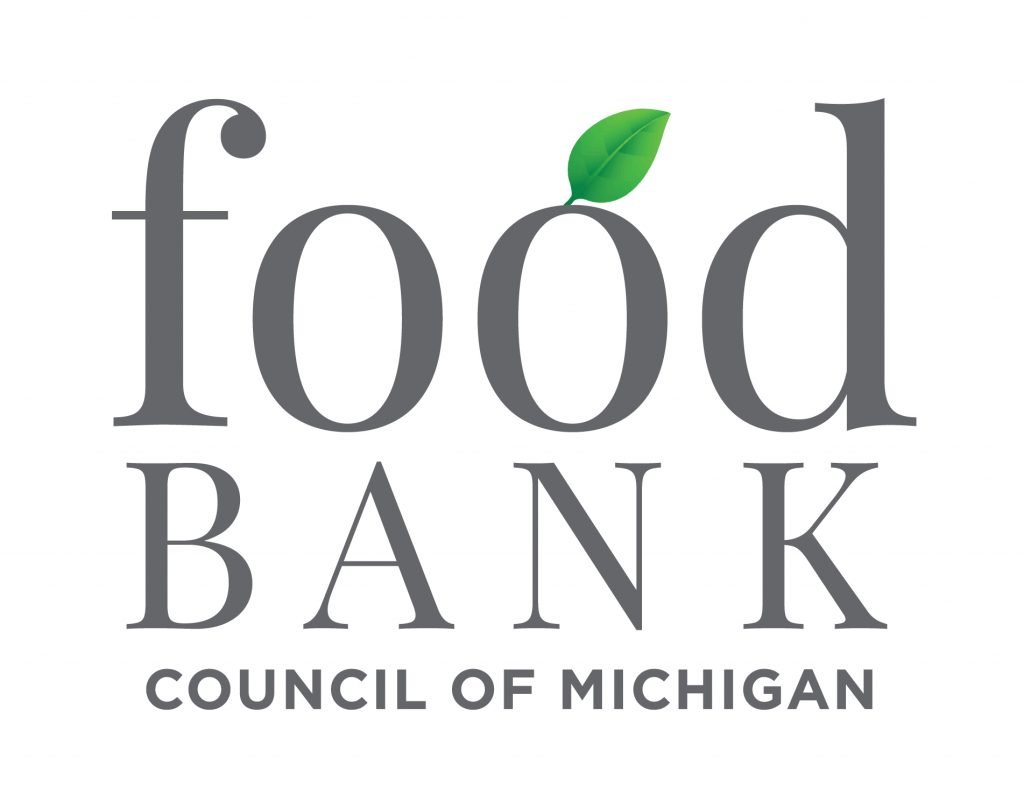
Fresh Food Pharmacy Program
A Strategic Initiative to Address Food Insecurity and Chronic Disease Self-Management
About the Program
First, a partnership is identified –both a clinical partner (e.g., a practice or department) and a food/nutrition partner (a FBCM food bank or agency partner in geographic area). Staffing, technology, and workflows are customized for the needs of the clinical partner to support a Fresh Food Pharmacy.
Program itself begins with eligibility, which can take place over the phone or in a clinical setting, based on a two-question food insecurity screening and a few questions about patient’s medical history and the ability and interest to prepare and eat healthy foods.
A patient then receives a referral into the program, which consists of a tailored, bi-weekly grocery box including produce, dairy, and proteins with mix-and-match healthy recipes for approximately ten meals. The program duration varies but can be up to one year.
Boxes can be home-delivered or kept on-site for patient pick-up, based on clinical partner and patient needs and constraints.
Program can also include healthy lifestyles and/or nutrition coaching for the patient.
Screening and referral kept in electronic health record and referral sent electronically to the program manager on the food/nutrition side.
Patient completes a pre and post survey and monthly check-ins with designated staff on either clinical or food bank side. Patient also provides A1C and BMI at start and completion of program (can be completed at a nurse visit or annual visit).
Why Develop a Fresh Food Pharmacy?
Numerous studies have shown the health effects of food insecurity on children, older adults, and patients managing diet-sensitive chronic diseases such as hypertension and diabetes. For low-income populations, food
insecurity tends to be underestimated due to delays in medical care. Evidence suggests that clinical integration of a tailored food program has the most potential for return on investment and improved health outcomes with a particular focus on access to high-quality foods for adults with or at risk for chronic disease.
To learn more, contact Dawn S. Opel, J.D., Ph.D., Director of Research & Strategic Initiatives, Food Bank Council of Michigan, dopel@fbcmich.org or 517-614- 3411.
